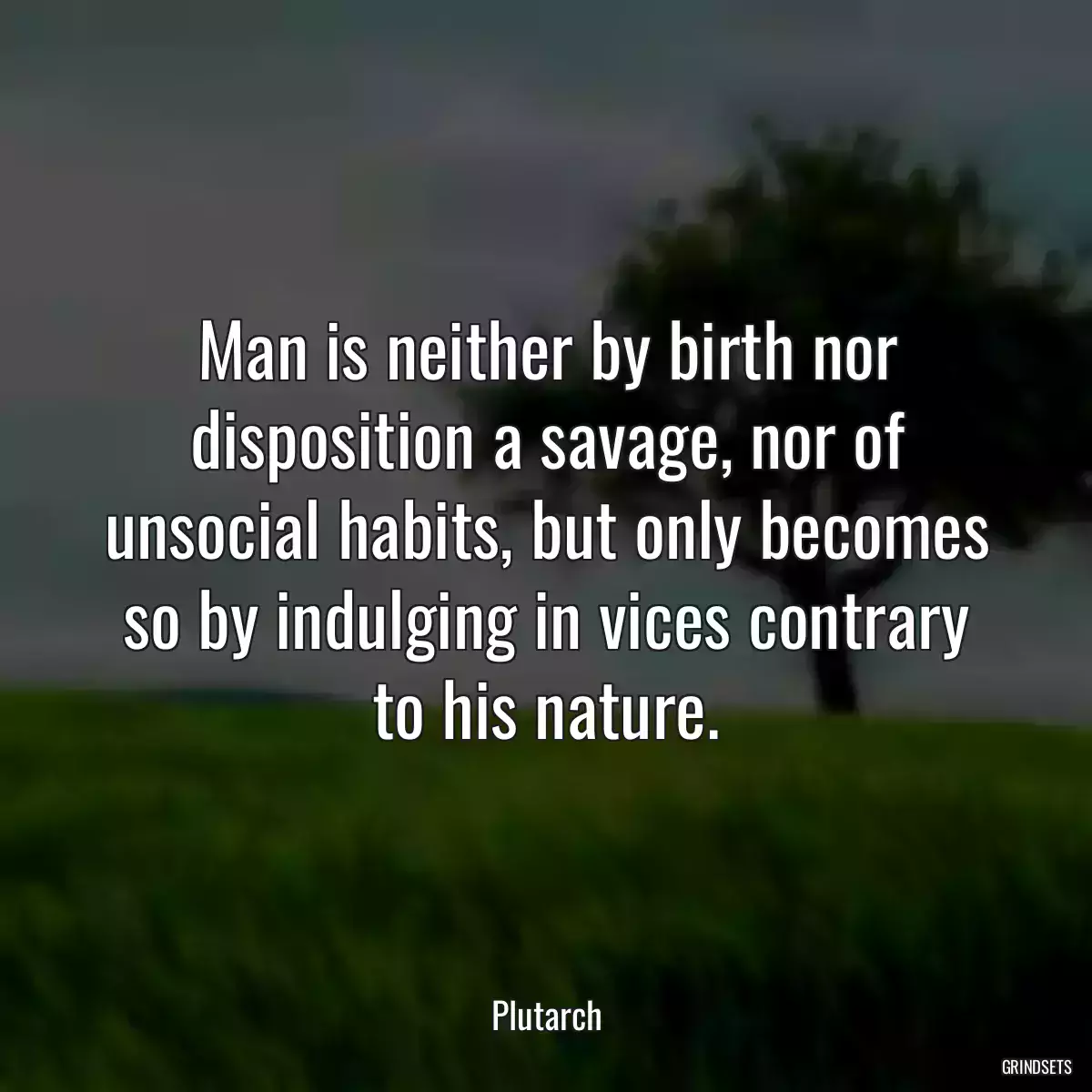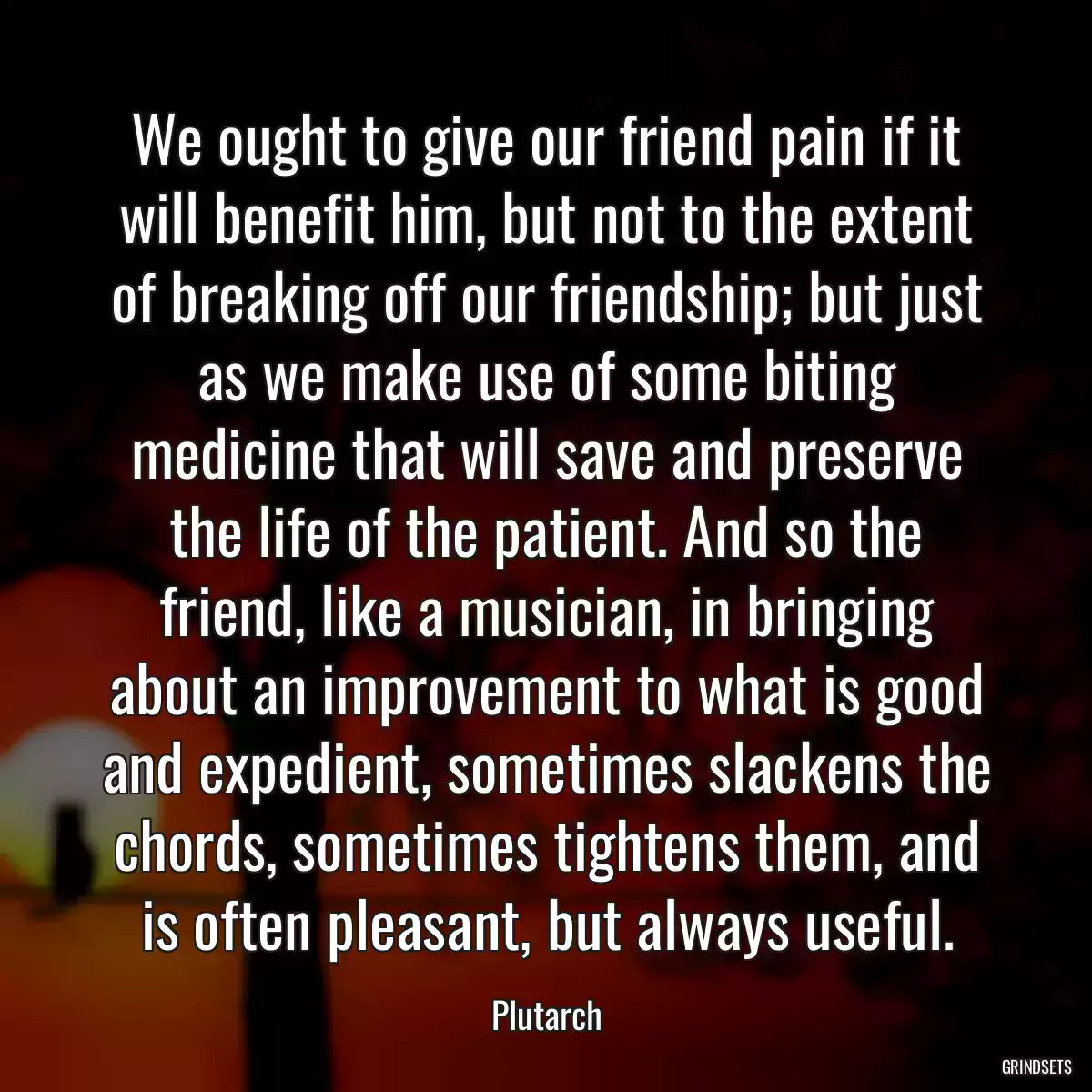
For there is no virtue, the honour and credit for which procures a man more odium from the elite than that of justice; and this, because more than any other, it acquires a man power and authority among the common people. For they only honour the valiant and admire the wise, while in addition they also love just men, and put entire trust and confidence in them.

